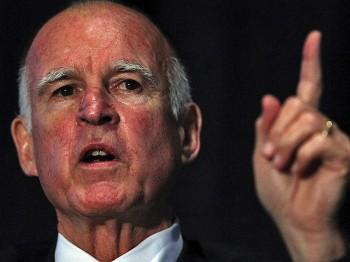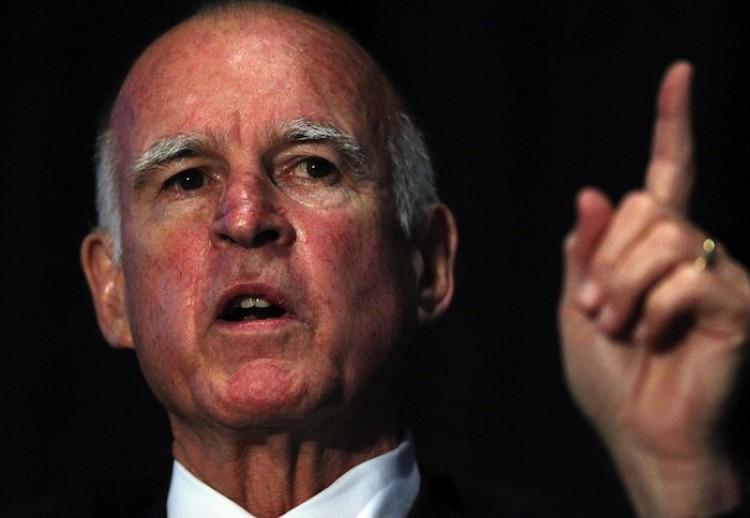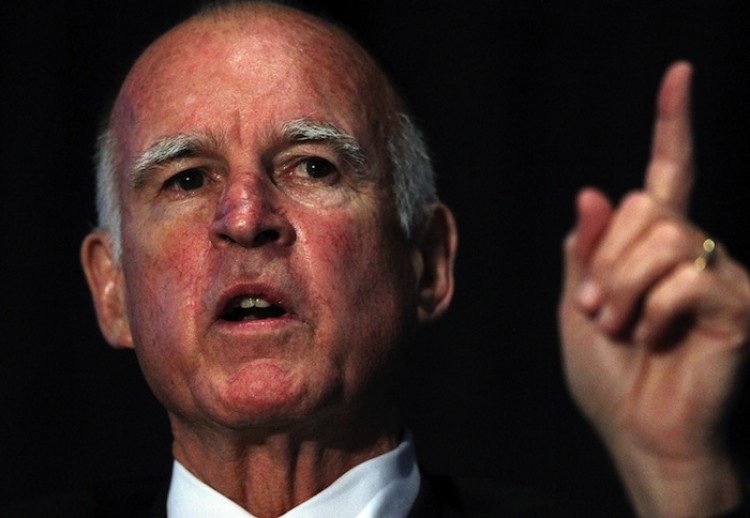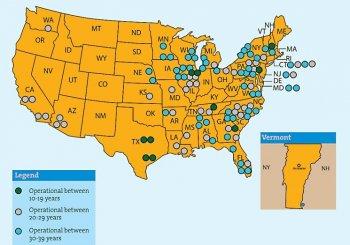California Budget Approved After Political Turbulence
After a historically turbulent budget process, California was finally able to settle on a budget plan, which though not fully satisfactory for any party involved, will address some of the problems facing California’s economy.

California Gov. Jerry Brown delivers a keynote address on June 23, in San Francisco, California. California Gov. California was finally able to settle on a budget plan, which will address some of the problems facing California's economy. Justin Sullivan/Getty Images
|Updated:



